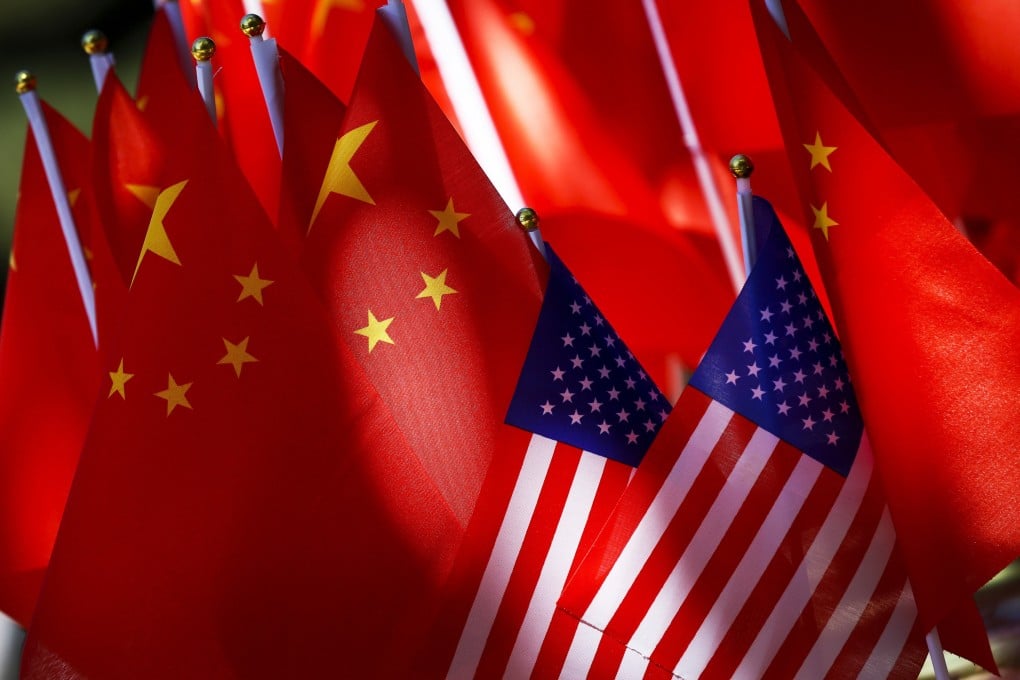‘Yoked together’: Experts on US-China ties urge powers to embrace shared interests – and introspection
- With ties at ‘crucial juncture’, the giants should find common ground on challenges such as climate change, AI and debt, according to Harvard forum
- They must also confront their own troubles, from China’s middle income trap to US political division, says former US treasury secretary Larry Summers

“We are yoked together by common interest in mutual success, even if there are many areas of sharp ideological difference,” said Larry Summers, former US treasury security and ex-president of Harvard University. “That is the challenge that the US and China face today.”
“What happened in San Francisco at the summit between President Xi and President Biden was the creation not just of a floor under what had been a rapidly deteriorating relationship but actually a pretty strong foundation,” said Graham Allison, a Harvard professor and former US assistant defence secretary.
“This San Francisco consensus, as Xi Jinping calls it, has not just been embraced by President Biden on the American side … President Xi has made it his own,” he told the 27th Harvard College China Forum.
On Saturday, the US State Department announced that Daniel Kritenbrink, assistant secretary of state for East Asian and Pacific affairs and Sarah Beran, National Security Council senior director for China and Taiwan Affairs, will travel to China “as part of ongoing efforts to maintain open lines of communication and to responsibly manage competition” from Sunday to Tuesday.
“This is what’s required if you’re going to have serious countries dealing with each other seriously,” Allison said.